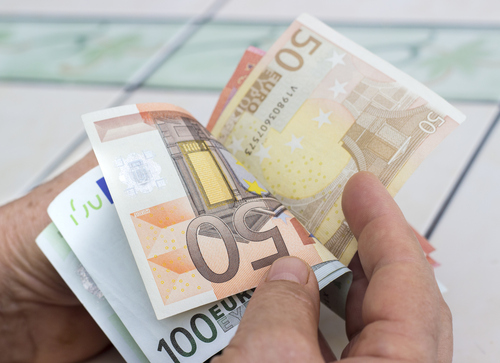Une collecte nette exceptionnelle en janvier
Le Livret A a enregistré en janvier une collecte de 4,13 milliards d’euros. Si le mois de janvier est traditionnellement propice aux placements, les ménages déposant à cette période leurs primes de fin d’année, il faut tout de même remonter en 2013 pour observer une collecte supérieure à 4 milliards d’euros. En janvier 2013, elle avait ainsi atteint les 8,21 milliards d’euros dans un contexte spécifique, les plafonds de versement ayant été revus à la hausse deux fois, fin 2012 et début 2013.
La collecte de janvier 2020 se place au quatrième rang des meilleures collectes depuis 2009. Le Livret A a enregistré une collecte nette de 12,6 milliards d’euros en 2019, contre 10 milliards en 2018. Le Livret de Développement Durable et Solidaire (LDDS), petit frère du Livret A, a quant à lui enregistré une collecte plus classique, de 410 millions d’euros. Au total, 411 milliards d’euros étaient placés fin décembre 2019 sur ces deux livrets réunis.
Pourquoi le Livret A reste-t-il le placement préféré des Français ?
55 millions de Français possèdent un Livret A, qui est aujourd’hui âgé de 202 ans. Malgré son taux historiquement bas, il reste le placement vedette en raison notamment de sa simplicité d’utilisation. Il est en effet possible de déposer et retirer de l’argent à tout moment de son Livret A, sans frais, sans prélèvements sociaux et sans impôt sur les plus-values.
Pourtant, il n’est guère rémunérateur et ne couvre même pas le taux d’inflation. En déposant 100 € avec un taux de 0,5 %, le gain est de 0,50 centime au bout d’une année. Or, l’inflation s’élève à 1,5 % sur un an, soit une perte de 1,50 € sur ces 100 €, en termes de pouvoir d’achat.
Les primes versées par les entreprises, au plus fort de la crise des Gilets jaunes, n’ont pas relancé l’économie : les Français n’ont pas davantage consommé, mais ont plus épargné.
Le gouvernement aimerait orienter les Français vers des investissements plus productifs et une épargne à long terme, comme le Plan Épargne Retraite (PER), le Plan Épargne Action (PEA) ou le Fonds eurocroissance, des produits qui ont été créés ou modifiés dans le cadre de la loi Pacte. Malgré les incitations politiques, les Français ne semblent toutefois pas prêts à changer leurs habitudes.
Selon les derniers chiffres publiés par la Banque de France, 608 milliards d’euros étaient placés fin septembre 2019 sur les comptes courants ou conservés en liquide, soit presque deux fois plus qu’il y a dix ans.
